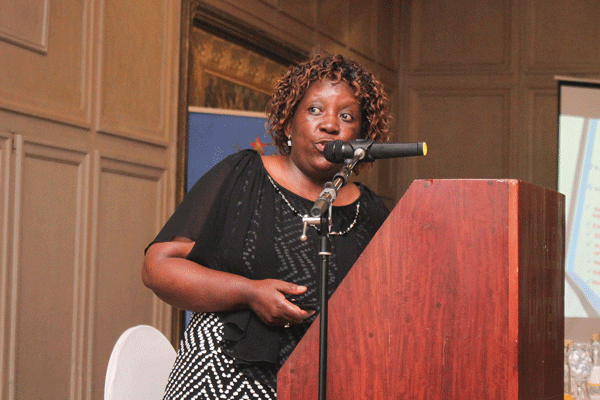
Reserve Bank of Zimbabwe deputy governor Jesimen Chipika has accused illegal money changers of derailing regional financial integration efforts and promoting money laundering.
By Nokuthaba Dlamini
Chipika made the remarks during the ongoing regional workshop on cross-border payment systems in Victoria Falls.
She said components of regional integration include the introduction of real time gross settlement (RTGS), Sadc Integrated Regional Electronic Settlement System (SIRESS), but the existence of illegal money changers impeded the smooth running of the innovations and promoted money laundering.
“Challenges still exist in the operationalisation and uptake of these innovations. Without efficient and affordable cross-border transfer systems, the masses resort to informal means of sending money across borders. This poses a risk of exploitation to the vulnerable due to the capacity of such a system,” Chipika said.
“Furthermore, the existence of informal avenues upsets efforts to curb money laundering and terrorism financing. At the same time, inadequate regulatory frameworks, weak infrastructure and lack of interoperability all impede the process of interconnecting payment infrastructure. These challenges, if not hastily addressed, may derail ongoing efforts towards economic financial integration.”
She said strong mitigation and facilities needed to be put in place for private institutions to thrive.
“Market forces, as opposed to government intervention, have been the driving force of the emergency of the adoption of new payment services. However, without adequate incentives and strong risk mitigation measures, private institutions cannot be left on their own to penetrate new markets and push the frontiers of the financial service industry. The central bank as a regulator and facilitator needs to provide a level playing field that encourages innovation, competition, interoperability, consumer protection and financial inclusion.”











